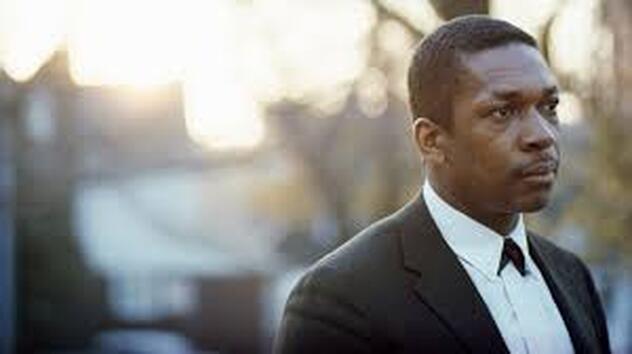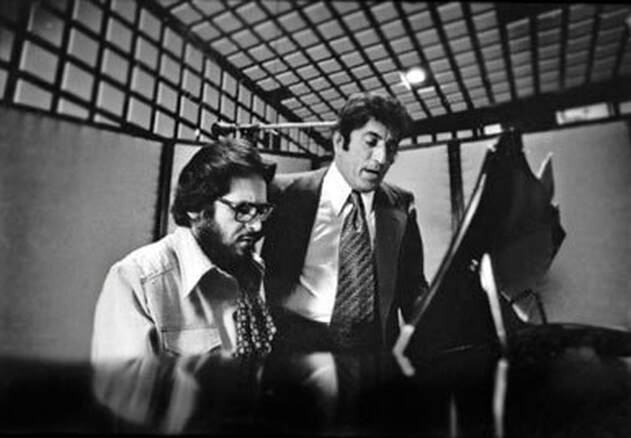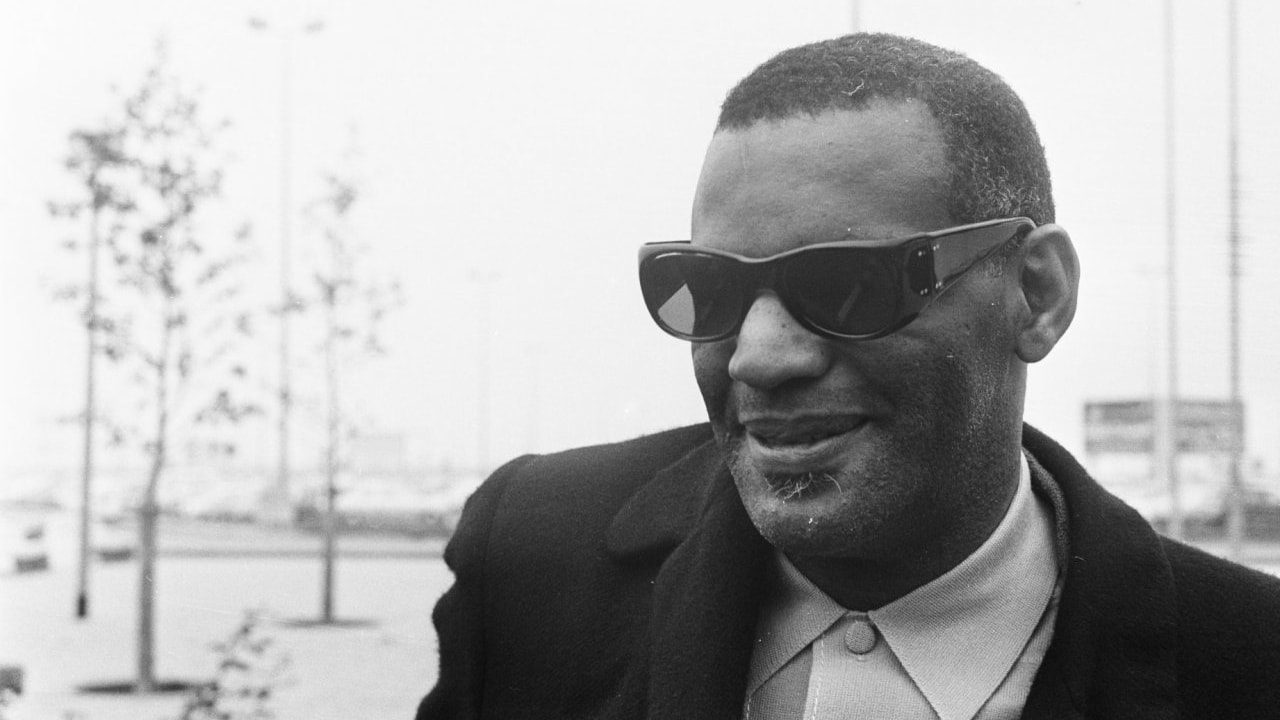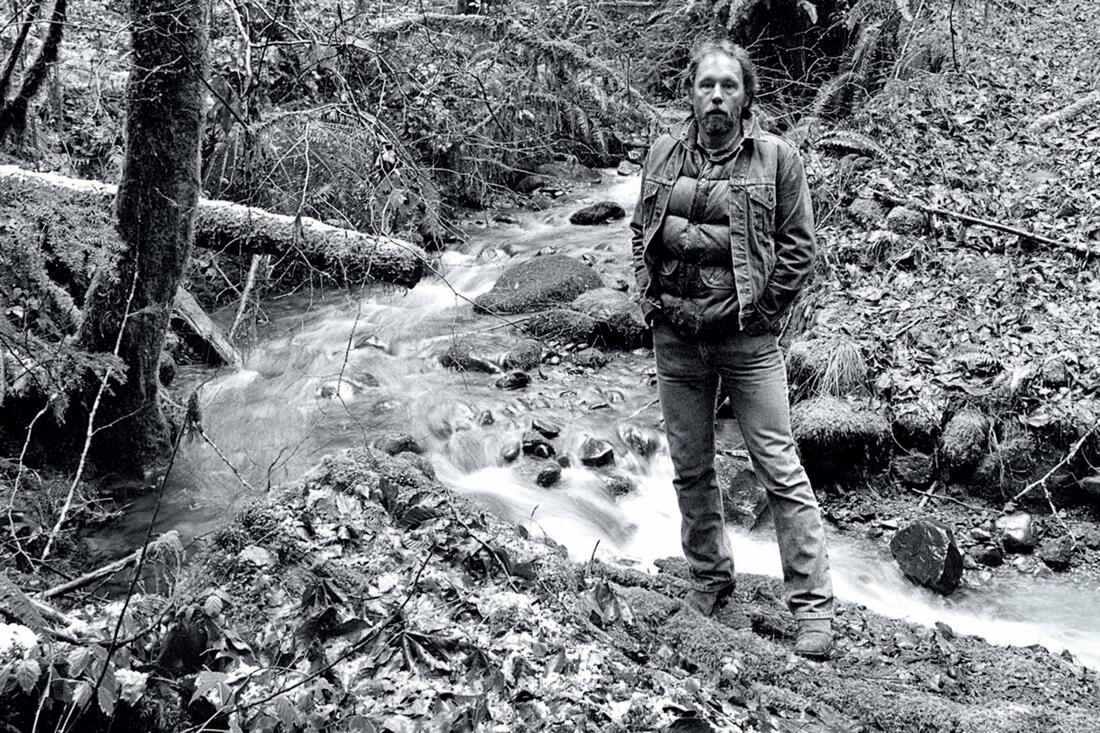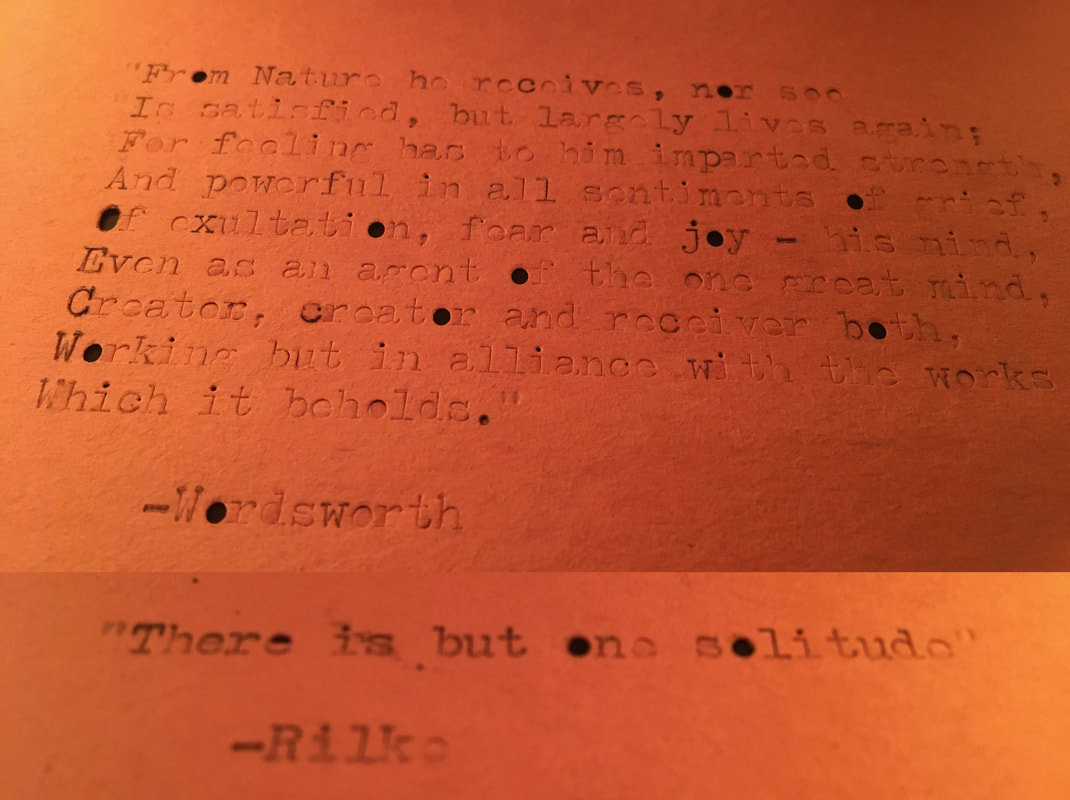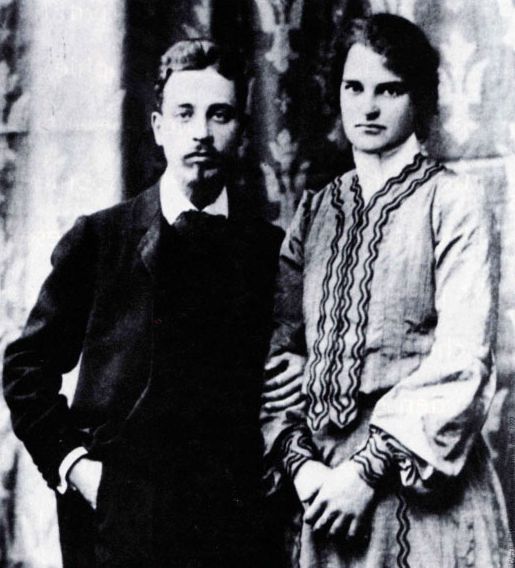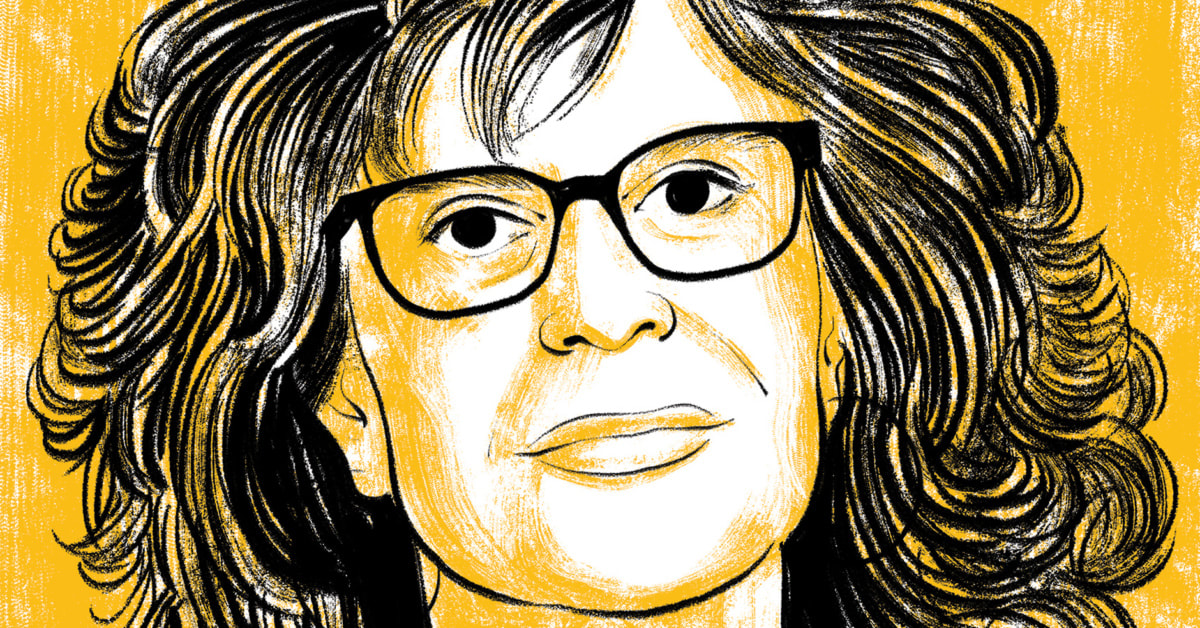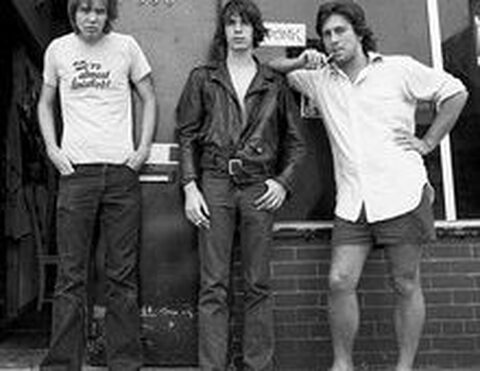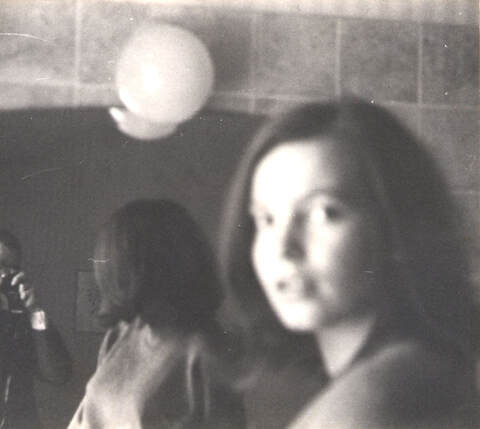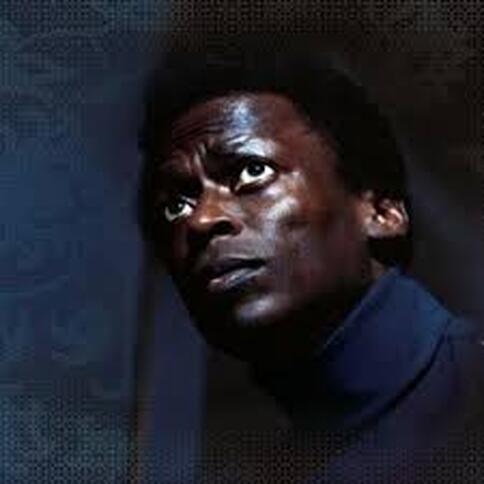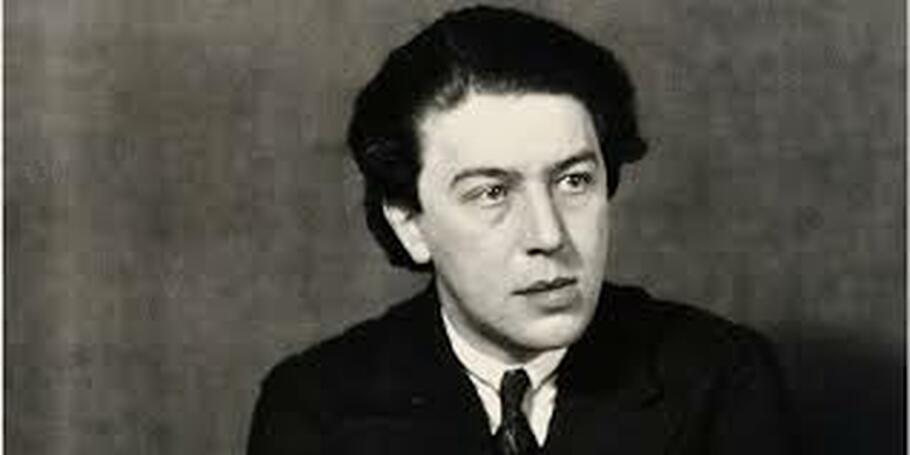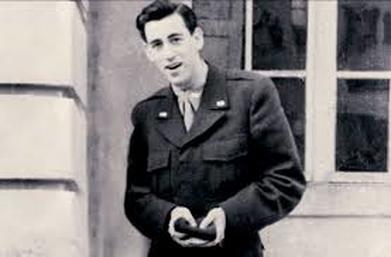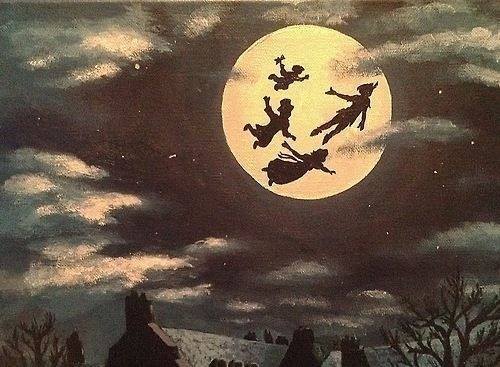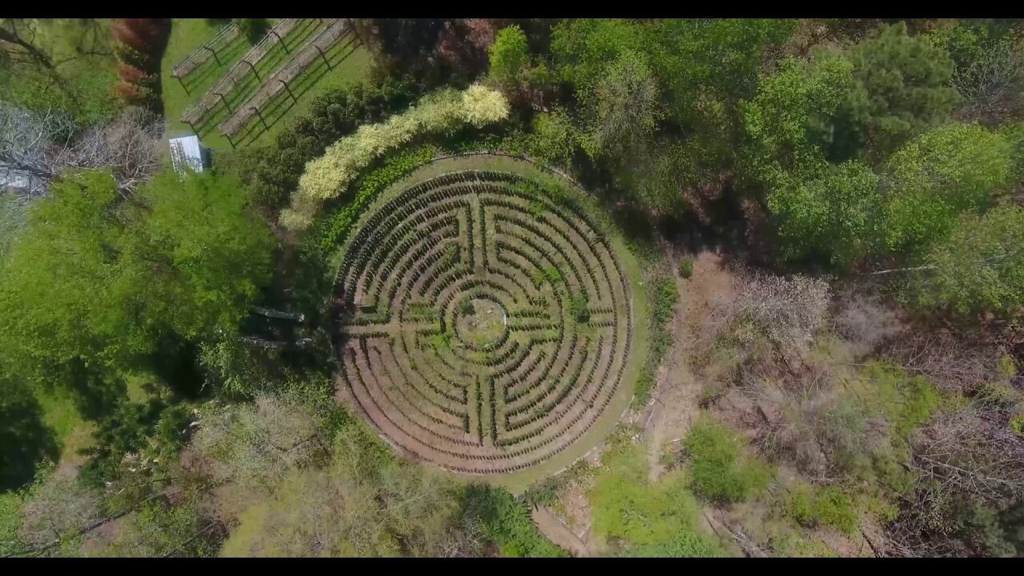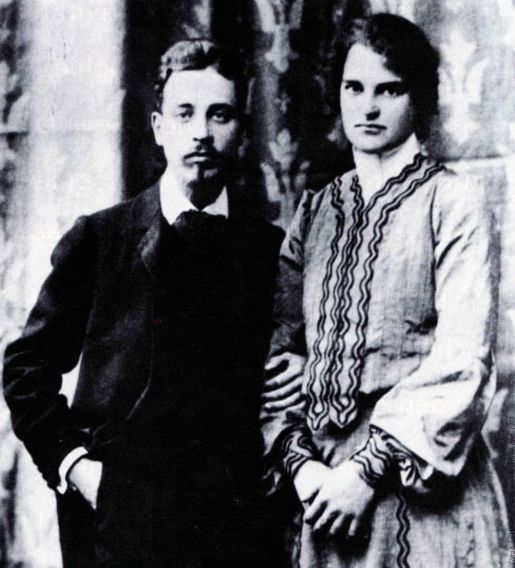"YES. Never play to the gallery. But you never learn that. (laughs). Not until much later, I think. Always...(pauses for 3 seconds)...always remember that the reason that you initially started working is that there was something inside yourself that you felt that if you could manifest in some way, you would understand more about yourself and how you coexist with the rest of society.
I think it’s terribly dangerous for an artist to fulfill other people’s expectations — they produce...generally produce their worst work when they do that.
And another thing I would say is if you feel safe in the area that you’re working in, you’re not working in the right area. Always go a little further into the water than you feel you’re capable of being in. Go a little bit out of your depth, and when you don’t feel that your feet are quite touching the bottom, you’re just about in the right place to do something exciting."
-David Bowie, Advice to Young Artists
I think it’s terribly dangerous for an artist to fulfill other people’s expectations — they produce...generally produce their worst work when they do that.
And another thing I would say is if you feel safe in the area that you’re working in, you’re not working in the right area. Always go a little further into the water than you feel you’re capable of being in. Go a little bit out of your depth, and when you don’t feel that your feet are quite touching the bottom, you’re just about in the right place to do something exciting."
-David Bowie, Advice to Young Artists
“…I was reading a book on the life of Van Gogh today, and I had to pause and think of that wonderful and persistent force—the creative urge. The creative urge was in this man who found himself so much at odds with the world he lived in, and in spite of all the adversity, frustrations, rejections and so forth—beautiful and living art came forth abundantly…if only he could be here today. Truth is indestructible. It seems history shows (and it’s the same way today) that the innovator is more often than not met with some degree of condemnation; usually according to the degree of his departure from the prevailing modes of expression or what have you. Change is always so hard to accept. We also see that these innovators always seek to revitalize, extend and reconstruct the status quo in their given fields, wherever it is needed. Quite often they are the rejects, outcasts, sub-citizens, etc. of the very societies to which they bring so much sustenance. Often they are people who endure great personal tragedy in their lives. Whatever the case, whether accepted or rejected, rich or poor, they are forever guided by that great and eternal constant—the creative urge. Let us cherish it and give all praise to God.”
-John Coltrane (from Coltrane on Coltrane: The John Coltrane Interviews, Edited by Chris DeVito)
-John Coltrane (from Coltrane on Coltrane: The John Coltrane Interviews, Edited by Chris DeVito)
“I’ll never forget that one night I was in a small little town somewhere, and I got this call from Bill Evans, and it was six months before he died, and he said, ‘Tony,’ he said, ‘just think truth and beauty,’ he said, ‘just forget the rest.’ And that was his last words to me.”
-Tony Bennett, on Bill Evans
-Tony Bennett, on Bill Evans
“You know, that is the marvelous thing about music. It is the one thing that I won't say there's - there is no segregation or anything. I'm not saying that, but it was very, very small. I mean, if you look around, you saw guys like Benny Goodman. I mean, there was Lionel Hampton in his band. You know, various white bands - there were black people in the bands and when I was coming up, I worked with a hillbilly group in Florida called the Hillbilly Playboy - the Florida Playboys.”
-Ray Charles
-Ray Charles
“I do not know, really, how we will survive without places like the Inner Gorge of the Grand Canyon to visit. Once in a lifetime even is enough to feel the stripping down and ebb of the press of conventional time, a radical change of proportion, an unspoken respect for others that elicits keen emotional pleasure, a quick, intimate pounding of the heart. Some parts of the trip will emerge one day on an album. Others will be found in a gesture of friendship to some stranger in an airport, in a letter of outrage to a planner of dams, in a note of gratitude to a nameless face in the Park Service, in wondering at the relatives of the ubiquitous canyon wren, in the belief, passed on in whatever fashion, a photograph, a chord, a sketch, that nature can heal. The living of life, any life, involves great and private pain, much of which we share with no one. In such places as the Inner Gorge, the pain trails away from you. It is not so quiet there or so removed that you can hear yourself think, that you would even wish to. That comes later. You can hear your heartbeat. That comes first.”
-Barry Lopez (from “Gone Back Into the Earth”)
-Barry Lopez (from “Gone Back Into the Earth”)
"the one great mind" // "the one solitude"
-Wordsworth // Rilke
-Wordsworth // Rilke
What a joy to revisit a first favorite song and discover the voices to be those of The Pointer Sisters.
"Everything is gestation and then bringing forth. To let each impression and each germ of feeling come to completion wholly in itself, in the dark, in the inexpressible, the unconscious, beyond the reach of one's own intelligence, and await with deep humility and patience the birth-hour of a new clarity: that alone is living the artist's life: in understanding as in creating.
There is here no measuring with time, no year matters, and ten years are nothing. Being an artist means, not reckoning and counting, but ripening like a tree which does not force its sap and stands confident in the storms of spring without the fear that after them may come no summer. It does come. But it comes only to the patient, who are there as though eternity lay before them, so unconcernedly still and wide. I learn it daily, learn it with pain to which I am grateful: patience is everything!"
-Rilke, Letters to a Young Poet (1929)
There is here no measuring with time, no year matters, and ten years are nothing. Being an artist means, not reckoning and counting, but ripening like a tree which does not force its sap and stands confident in the storms of spring without the fear that after them may come no summer. It does come. But it comes only to the patient, who are there as though eternity lay before them, so unconcernedly still and wide. I learn it daily, learn it with pain to which I am grateful: patience is everything!"
-Rilke, Letters to a Young Poet (1929)
"We thought we were using social media, but social media was using us. We thought that these companies had privacy policies, but in fact these companies have surveillance policies. And we became all too vulnerable to something that they told us over and over and over again: if you have nothing to hide, you have nothing to worry about. When the fact is if you have nothing to hide, then you are nothing. Because everything that you are, the place inside you, your inner resources from which you draw your sense of identity, your sense of voice, your sense of autonomy and moral judgment, your ability to think critically, to resist, even to revolt -- these are the capabilities that can only be grown within. Jean Paul Sartre calls it the will to will. And that will to will grows from within and you should hide it. And you should cherish it. And it should be private. And it should be yours."
-The Age of Surveillance Capitalism: The Fight for a Human Future at the New Frontier of Power (2018) by Shoshana Zuboff
-The Age of Surveillance Capitalism: The Fight for a Human Future at the New Frontier of Power (2018) by Shoshana Zuboff
Happy 50th Anniversary, Sesame Street! I am so grateful to have been exposed to this show as a child in the 1980s. A wonderful introduction to kindness, equality, creativity, and the vastness of life.
"Ronnie, Scotty, and Dave were very good dreamers, which is mostly what my dusty Midwest is all about. The land that time forgot. Pete Townshend said something nice about that. He said it must be really difficult for a bright person in the Midwest because you don't have a London or a New York City that can provide you with fresh input, that can rub against you and rub off any illusions." (Iggy Pop, page 39)
"Overnight, punk had become as stupid as everything else. This wonderful vital force that was articulated by the music was really about corrupting every form - it was about advocating kids to not wait to be told what to do, but make life up for themselves, it was about trying to get people to use their imaginations again, it was about not being perfect, it was about saying it was okay to be amateurish and funny, that real creativity came out of making a mess, it was about working with what you got in front of you and turning everything embarrassing, awful, and stupid in your life to your advantage." (Legs McNeil, page 366)
-Please Kill Me: The Uncensored Oral History of Punk by Legs McNeil and Gillian McCain
"Overnight, punk had become as stupid as everything else. This wonderful vital force that was articulated by the music was really about corrupting every form - it was about advocating kids to not wait to be told what to do, but make life up for themselves, it was about trying to get people to use their imaginations again, it was about not being perfect, it was about saying it was okay to be amateurish and funny, that real creativity came out of making a mess, it was about working with what you got in front of you and turning everything embarrassing, awful, and stupid in your life to your advantage." (Legs McNeil, page 366)
-Please Kill Me: The Uncensored Oral History of Punk by Legs McNeil and Gillian McCain
I grew up in declivities
Others grow up in cities
Where first love and soul takes rise
There where times in my life
When I felt mad and deprived
And only the slopes gave me hope
When I pass through the leg high grass, I shall die
Under the jasmine, I shall die
In the elder tree
I need not try to prepare for a new coming day
Where is it that fills the deepness I feel?
From "I Lost Something in the Hills" (From the album Colour Green, recorded from 1970 - 1973 but not released until 2006) by Sibylle Baier
Others grow up in cities
Where first love and soul takes rise
There where times in my life
When I felt mad and deprived
And only the slopes gave me hope
When I pass through the leg high grass, I shall die
Under the jasmine, I shall die
In the elder tree
I need not try to prepare for a new coming day
Where is it that fills the deepness I feel?
From "I Lost Something in the Hills" (From the album Colour Green, recorded from 1970 - 1973 but not released until 2006) by Sibylle Baier
"But before the lessons, I also remember how the music used to sound down there in Arkansas, when I was visiting my grandfather, especially at the Saturday night church. Man, that shit was a motherfucker. I guess I was about six or seven. We'd be walking on these dark country roads at night and all of a sudden this music would seem to come out of nowhere, out of them spooky-looking trees that everybody said ghosts lived in. Anyway, we'd be on the side of the road--whoever I was with, one of my uncles or my cousin James--and I remember somebody would be playing a guitar the way B.B. King plays. And I remember a man and a woman singing and talking about getting down! Shit, that muisc was something, especially that woman singing. But I think that kind of stuff stayed with me, you know what I mean? That kind of sound in music, that blues, church, back-road funk kind of thing, that southern, midwestern, rural sound and rhythm. I think it started getting into my blood on them spook-filled Arkansas back-roads after dark when the owls came out hooting. So when I started taking music lessons I might have already had some idea of what I wanted my music to sound like."
-Miles: The Autobiography, Miles Davis with Quincy Troupe (1989).
-Miles: The Autobiography, Miles Davis with Quincy Troupe (1989).
"It is not for me to ponder what is happening to the 'shape of the city,' even of the true city distracted and abstracted from the one I live in by the force of an element which is to my mind what air is supposed to be to life. Without regret, at this moment I see it change and even disappear. It slides, it burns, it sinks into the shudder of weeds along its barricades, into the dream of curtains in its bedrooms, where a man and woman indifferently continue making love. I leave this sketch of a mental landscape whose limits discourage me, despite its remarkable extension toward Avignon, where the Palace of the Popes has not suffered from winter nights and driving rain, where an old bridge has finally succumbed beneath a nursery tune, where a marvelous and unbetrayable hand has shown me, not long enough ago, a huge sky-blue street sign bearing these words: THE DAWNS. Despite this extension and all the others which help me plant a star at the very heart of the finite."
-André Breton, Nadja (1928)
-André Breton, Nadja (1928)
"I like you as you are."
"I think those who try to make you feel less than you are - that's the greatest evil."
-Mr. Rogers, as seen in the absolutely wonderful Won't You Be My Neighbor? (2018 documentary directed by Morgan Neville)
"I think those who try to make you feel less than you are - that's the greatest evil."
-Mr. Rogers, as seen in the absolutely wonderful Won't You Be My Neighbor? (2018 documentary directed by Morgan Neville)
“In the following year my father took us on a rare excursion to the Museum of Art in Philadelphia. My parents worked very hard, and taking four children on a bus to Philadelphia was exhausting and expensive. It was the only such outing we made as a family, marking the first time I came face-to-face with art. I felt a sense of physical identification with the long, languorous Modiglianis; was moved by the elegantly still subjects of Sargent and Thomas Eakins; dazzled by the light that emanated from the Impressionists. But it was the work in a hall devoted to Picasso, from his harlequins to Cubism, the pierced me the most. His brutal confidence took my breath away.
My father admired the draftsmanship and symbolism in the work of Salvador Dali, yet he found no merit in Picasso, which led to our first serious disagreement. My mother busied herself rounding up my siblings, who were sliding the slick surfaces of the marble floors. I’m certain, as we filed down the great staircase, that I appeared the same as ever, a moping twelve-year-old, all arms and legs. But secretly I knew I had been transformed, moved by the revelation that human beings create art, that to be an artist was to see what others could not.”
–Patti Smith, Just Kids (2010)
My father admired the draftsmanship and symbolism in the work of Salvador Dali, yet he found no merit in Picasso, which led to our first serious disagreement. My mother busied herself rounding up my siblings, who were sliding the slick surfaces of the marble floors. I’m certain, as we filed down the great staircase, that I appeared the same as ever, a moping twelve-year-old, all arms and legs. But secretly I knew I had been transformed, moved by the revelation that human beings create art, that to be an artist was to see what others could not.”
–Patti Smith, Just Kids (2010)
“When was writing ever your profession? It’s never been anything but your religion. Never. I’m a little over-excited now. Since it is your religion, do you know what you will be asked when you die? But let me tell you first what you won’t be asked. You won’t be asked if it was long or short, sad or funny, published or unpublished. You won’t be asked if you were in good or bad form while you were working on it. You won’t even be asked it was the one piece of writing you would have been working on if you had known your time would be up when it was finished – I think only Soren K. will get asked that. I’m so sure you’ll get asked only two questions. Were most of your stars out? Were you busy writing your heart out? If only you knew how easy it would be for you to say yes to both questions. If only you’d remember before ever you sit down to write that you’ve been a reader long before you were ever a writer. You simply fix that fact in your mind, then sit very still and ask yourself, as a reader, what piece of writing in all the world Buddy Glass would most want to read if he had his heart’s choice. The next step is terrible, but so simple I can hardly believe it as I write it. You just sit down shamelessly and write the thing yourself.”
-J.D. Salinger, SEYMOUR – An Introduction (1963)
-J.D. Salinger, SEYMOUR – An Introduction (1963)
“Such ‘free spirits’ do not really exist and never did exist. But I stood in need of them, as I have pointed out, in order that some good might be mixed with my evils (illness, loneliness, strangeness, acedia, incapacity): to serve as gay spirits and comrades, with whom one may talk and laugh when one is disposed to talk and laugh, and whom one may send to the devil when they grow wearisome…[And] I see them already coming, slowly, slowly. May it not be that I am doing a little something to expedite their coming when I describe in advance the influences under which I see them evolving and the ways along which they travel?”
-Nietzsche, Human, All Too Human (1878)
-Nietzsche, Human, All Too Human (1878)
"'One other thing. And that's all. I promise you. But the thing is, you raved and you bitched when you came home about the stupidity of audiences. The goddam 'unskilled laughter' coming from the fifth row. And that's right, that's right -- God know's it's depressing. I'm not saying it isn't. But that's none of your business, really. That's none of your business, Franny. An artist's only concern is to shoot for some kind of perfection, and on his own terms, not anyone else's. You have no right to think about those things, I swear to you. Not in any real sense, anyway. You know what I mean?"
-J.D. Salinger, Franny and Zooey (1961)
-J.D. Salinger, Franny and Zooey (1961)
“I have walked in solitude beside my own babbling creek and wondered at the undulations, meanderings, and tiny atolls that were occasionally swept into its midst. I have spent time in idle palaver with violets, lyreleaf, sage, Heliopolis, and monkshood, and marveled at the mystery of Monotropa uniform. I have audited the discourse of the hickories, oaks, and pines, even when no wind was present. I have peregrinated the woods in winter under the watchful guard of vigilant dogs, and spent hours entranced by the exquisiteness and delicacy of tiny mosses and molds — entire forests within a few square inches. I have also ran thrashing and flailing from yellow jackets.”
-John B. McLemore (S-Town, 2017)
-John B. McLemore (S-Town, 2017)
"Think, dear sir, of the world you carry within you, and call this thinking what you will; whether it be remembering your own childhood or yearning toward your own future--only be attentive to that which rises up in you and set it above everything that you observe about you. What goes on in your innermost being is worthy of your whole love; you must somehow keep working at it and not lose too much time and too much courage in clarifying your attitude toward people. Who tells you that you have one anyway?"
-Rilke, Letters to a Young Poet (1929)
-Rilke, Letters to a Young Poet (1929)

